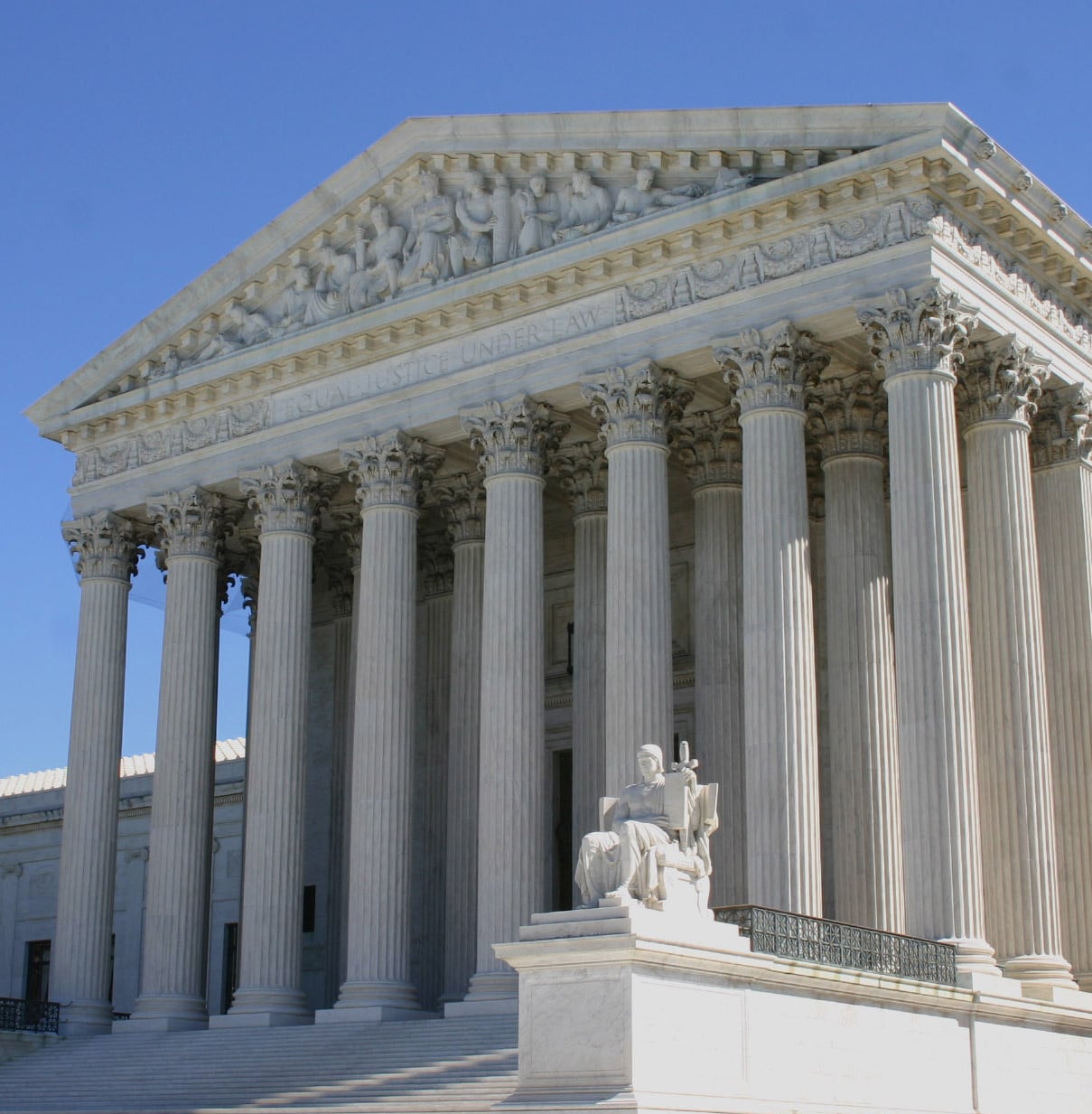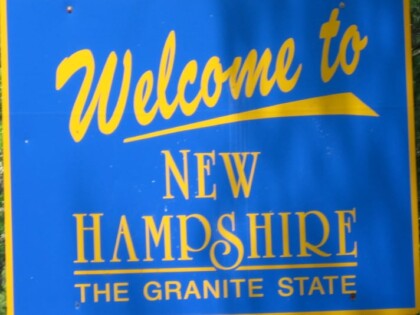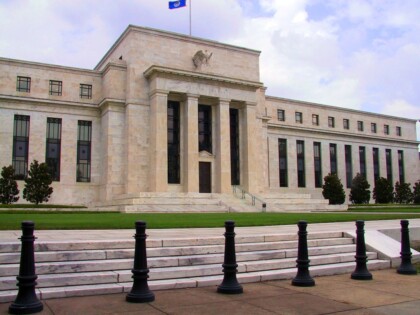
In a guest post on CoinDesk, prominent attorney Jared Paul Marx called US securities regulation “impressionistic.” Marx is a member of Washington D.C. law firm, Harris, Wiltshire & Grannis, where he advises clients on regulatory issues concerning digital currency.
Marx was discussing American securities regulation as it pertained to Bitcoin 2.0 companies’ practice of raising developmental capital by “pre-selling” tokens. He offered “Ethereum’s multi-million dollar sale of ‘ether'” as “the most successful [example] to date.”
Such sales have created another “legal ambiguity” in American financial regulations. The new question is this: Are these tokens securities?
Why this matters
Marx points out that if tokens are securities, the process of raising funds becomes more complicated for Bitcoin 2.0 startups. Token pre-sales would be subject to SEC registration requirements, which would add time, cost, and complexity to fundraising efforts.
A long-standing issue
What makes a clear-cut resolution of the tokens’ status challenging isn’t the new technology they represent. Marx writes:
The reason for persistent uncertainty on this question is that, unlike other areas of law where legal ambiguity stems primarily from the novelty of cryptocurrency, here more generic questions of law remain open to debate.
This is where the “impressionistic” issue comes in.
Marx didn’t make this analogy, but his “impressionistic rather than rule-bound” concept of securities regulation sounds something like the “I know it when I see it” notion used to define obscenity.
It means that each offering must be decided on a case-by-case basis. The result will be an ever-growing volume of precedents that may ultimately set a standard. However, it won’t be something as obvious as the use of the word “stock” in the offering.
Possible solution
However, there may be a way out of the ambiguity. Marx mentions a provision of the JOBS Act that provides for expanding investor access to unregistered securities that are presently only available to the wealthy. No regulations have emerged yet, but that may be the most practical way to keep funds flowing to this relatively new segment of the digital currency world.







